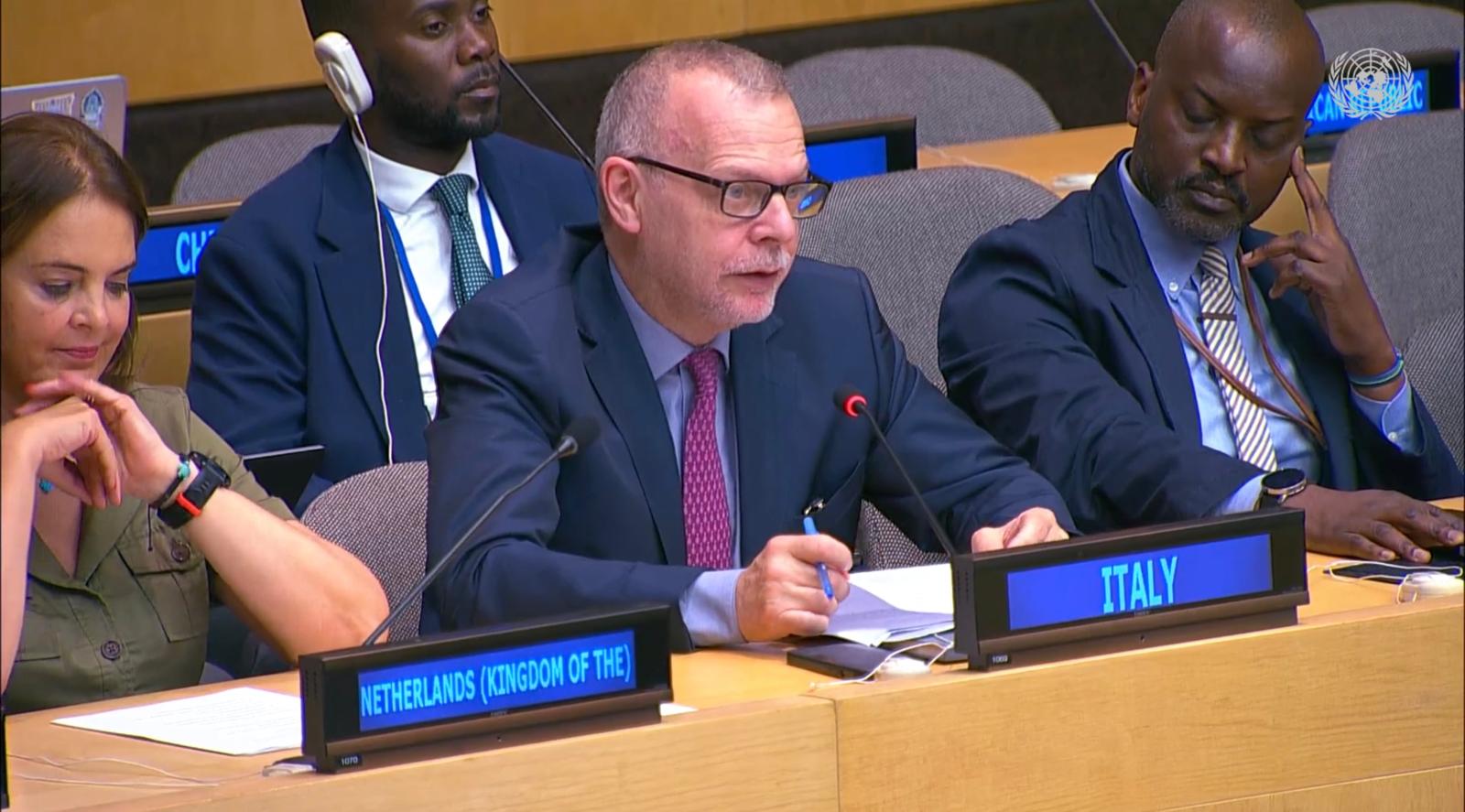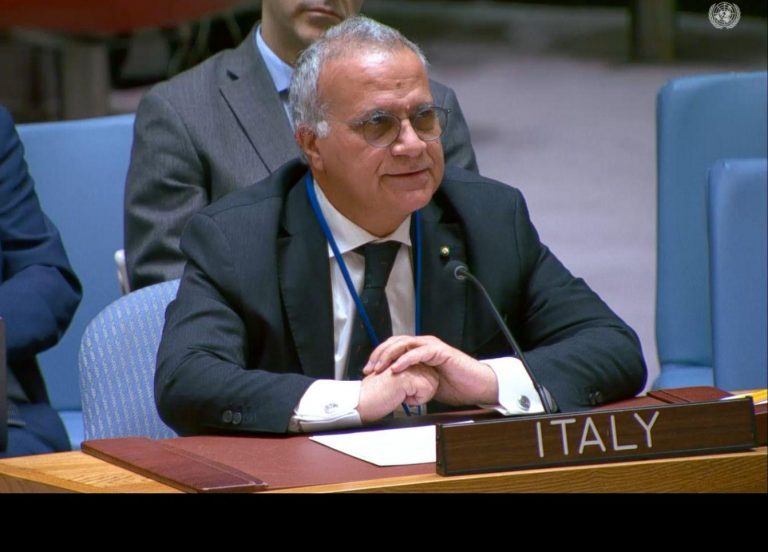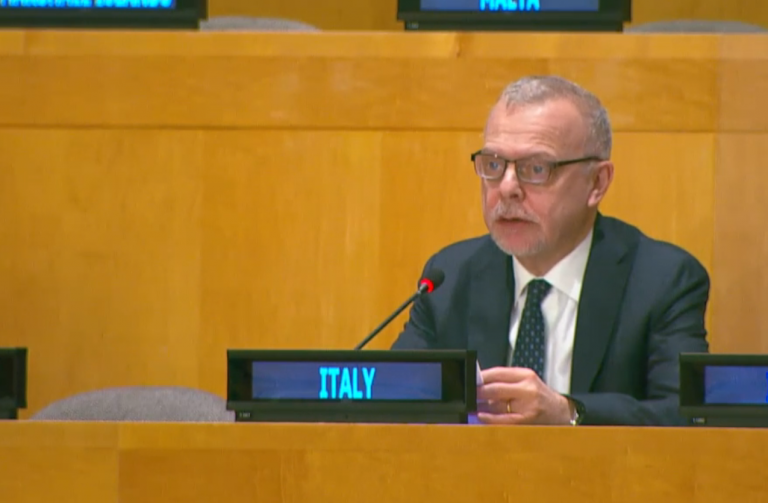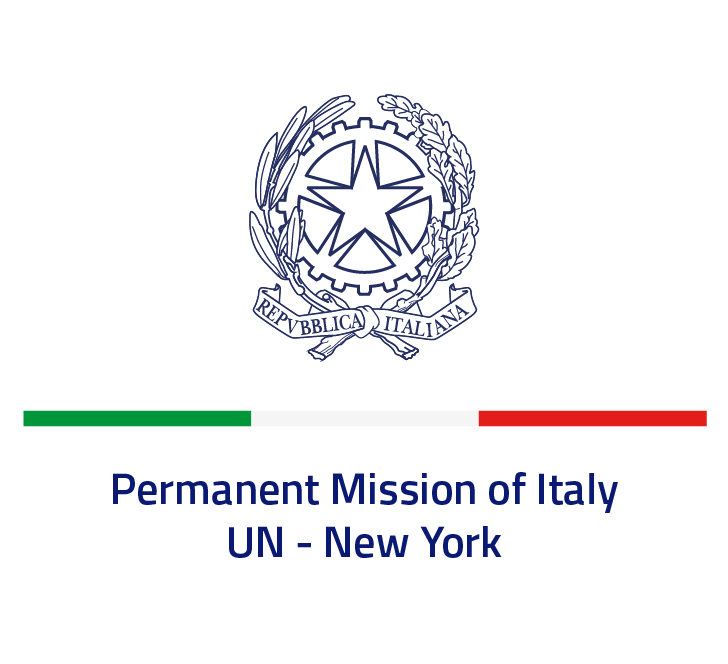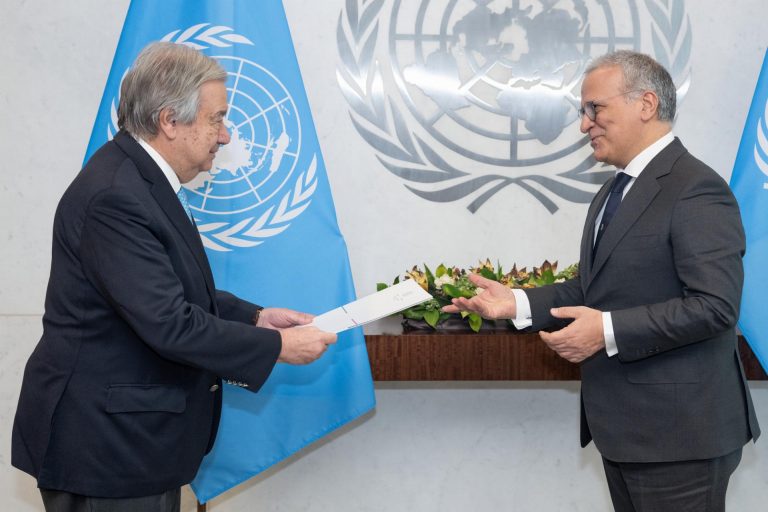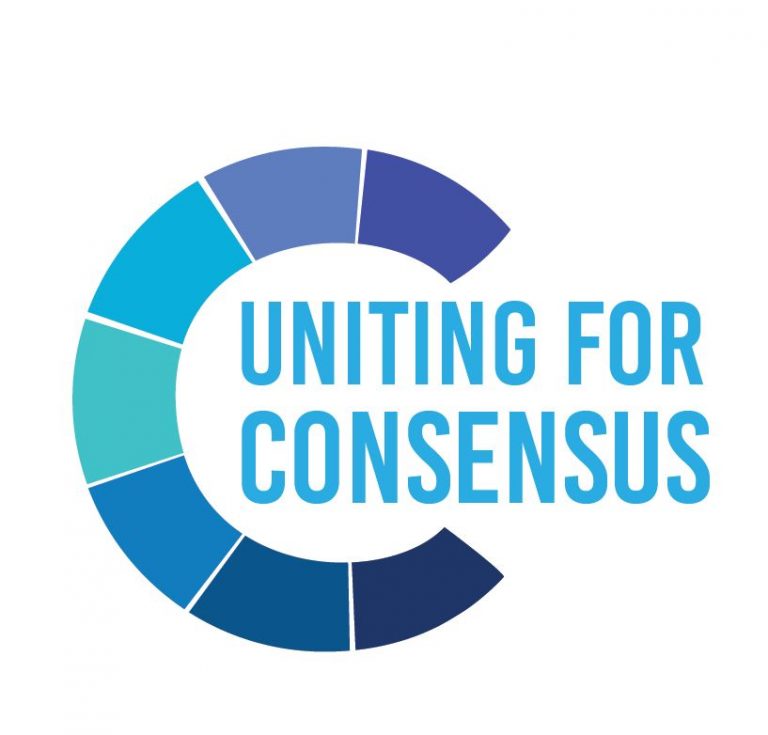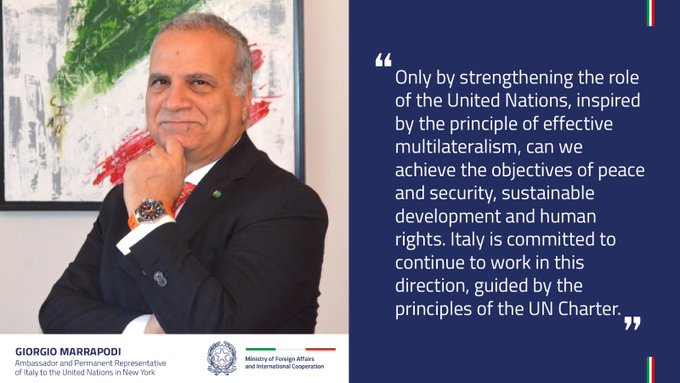Thank you Mr President,
I thank you for today’s particularly timely debate. As we all know the African continent has an abundance of minerals that could drive robust sustainable economic development and energy transition. However, resource-rich African States continue to suffer – albeit to different extents – from a natural abundance that is not matched with a fair degree of development. We need to reverse this phenomenon.
The Italian Government is strongly committed to do that with its Plan for Africa that aims to unleash the vast economic potential of the region. Also by concentrating the efforts of financial institutions to create a model that mobilizes the private capital that is necessary to support large infrastructure projects. An example of this is the active collaboration with the Africa Finance Corporation in the construction of the Lobito Corridor that, among other things, will drastically reduce transport times and, therefore, simplify the export of resources, strengthening Africa’s role in the global supply chain of critical minerals. In this regard, I would also like to point out that on June 20th, during the summit, ‘The Mattei Plan for Africa and the Global Gateway: A Common Effort with the African Continent’ co-chaired by our Prime Minister and the President of the European Commission, a contract for 270 million dollars supporting the Lobito project was signed between the Africa Finance Corporation and Italian DFIs.
Furthermore, although today’s discussion goes beyond that, I think it is important to recall the relevance of the Kimberley Process and its founding principles, i.e., to promote responsible diamond mining and sourcing, defend labor rights, human rights and environmental protection in line with the 2030 Agenda. We fully recognize its contribution to the settlement of conflicts and the consolidation of peace in Africa. However, let’s not forget that the concept of ‘conflict diamonds’ needs to be broadened to capture the evolving nature of conflicts and the realities on the ground. In this sense, together with the EU and other like-minded partners, we are also engaged in the reform of the Kimberley Process so that it may remain relevant and credible in a changing world.
Finally, I would like to recall the commitment of Italy in its capacity last year as President of the G7. We put critical materials at the top of the agenda. During the G7 Ministerial meeting on Environment, Climate and Energy, we reaffirmed the need of tackling the possible weaponization of economic dependencies on critical minerals and critical raw materials, promoting free and fair trade. We also e recall the commitment by the Members of the Sustainable Critical Mineral Alliance to drive a “nature-forward” approach to the mining and processing of critical minerals that minimizes and mitigates environmental impact, incorporates responsible labor practices, respects the interests of local communities and works to return the land to its natural state.
It is fundamental for mineral-rich countries to develop a sustainable and responsible extractive and raw material sector, according to the aforementioned principles. Italy has been and will continue to play its part in supporting Africa in the interest of the peoples of the Continent and with the goal to tackle the root causes of poverty and under-development.
Thank you for your attention.







